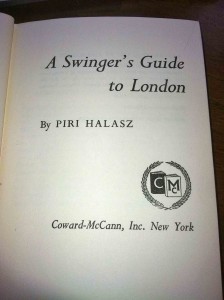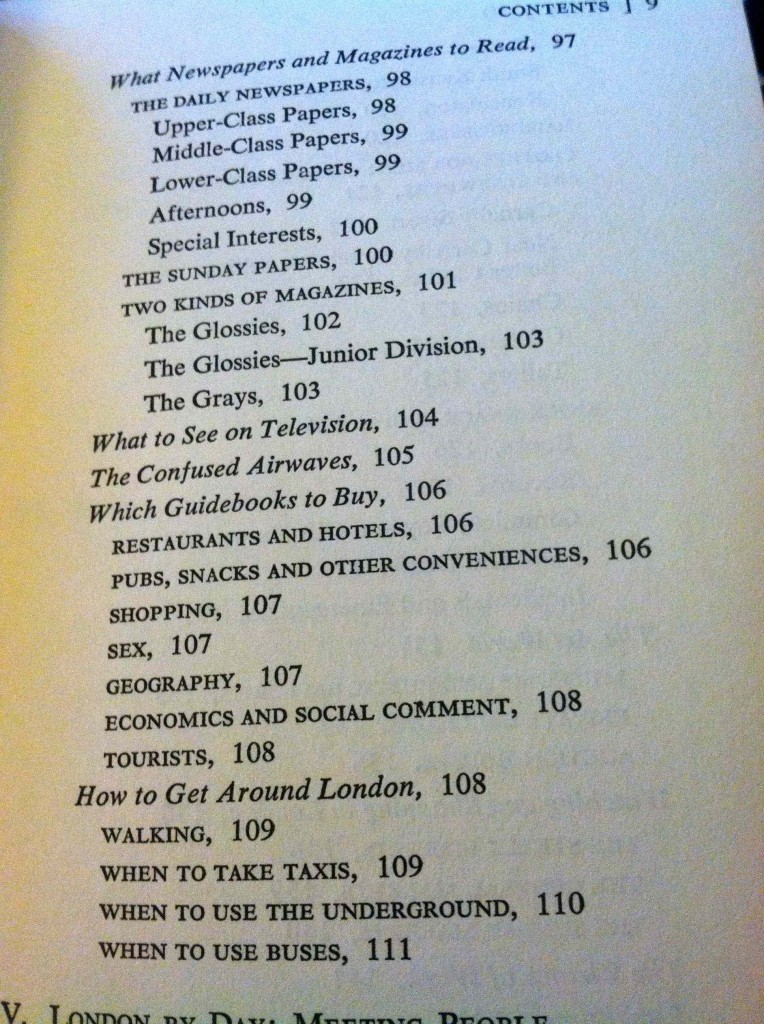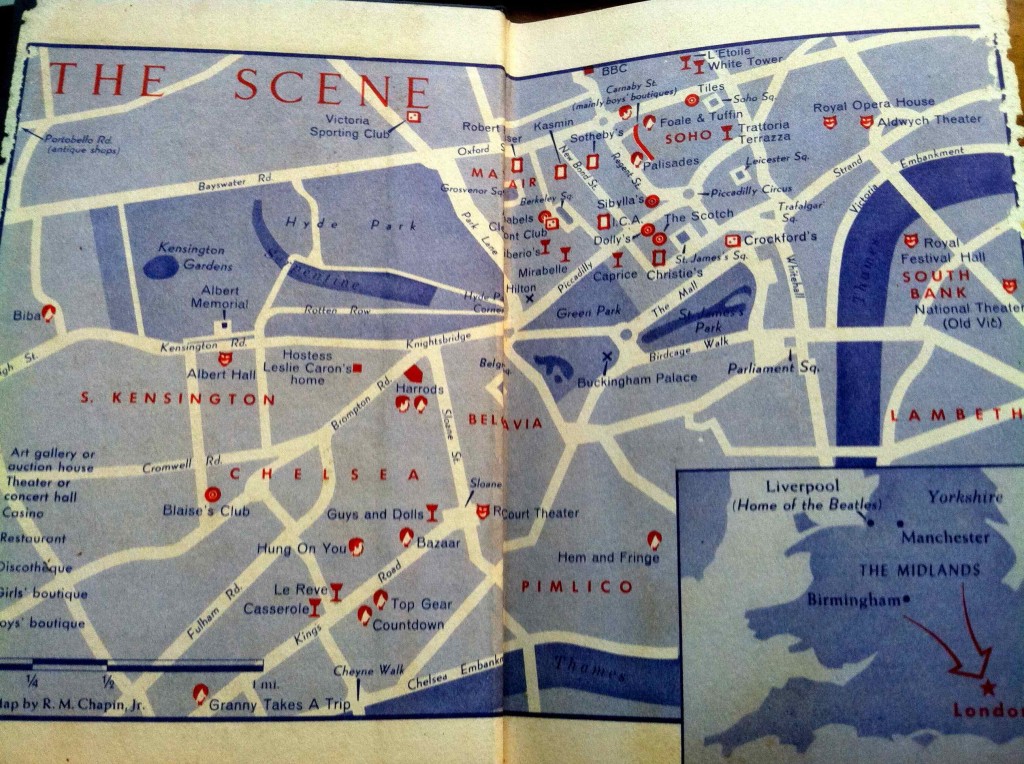I’m lucky to live in an area with a rich literary tradition. One of the benefits of living here is the many public libraries and other organizations that hold regular used book sales. It’s interesting to observe how each sale has its own personality. For example, the local AAUW chapter’s annual spring sale is quite well-organized: the books are clean and arranged by subject and there’s a special preview hour where the most dedicated bibliophiles and collectors can pay twenty bucks and get first dibs on the best things there. The Bucks County Free Library has a similar Friends sale. My favorite sale is the semi-annual one held by my local newspaper, The Intelligencer. It raises money for a worthy cause (Newspapers in Education) but that’s not why I love it. I love it because it’s like me – eclectic, a little messy and not too organized.
I’m not a book collector, per se – more of a book accumulator. Over the years I’ve tried to rein in my hoarding tendencies by focusing my purchases on particular subjects. It will come as no surprise that one of those subjects is travel. The reason I love travel books, especially old ones, is that they give a window into the world as it was in another time. Through the pictures, some places – like Venice – seem unchanged, but the text tells you about society and people at that particular point in time.
 Imagine my delight when I happened upon a beautiful illustration of just this point at a recent Intelligencer sale. The categories at this sale are very broad “Fiction” “Non-fiction” “Children’s Books.” There is no travel section. As I was hunting and pecking amongst the cardboard boxes, I happened upon a small, unassuming blue volume with the barely legible title on its spine “A Swinger’s Guide to London.” At first I wasn’t sure if it was, in fact, a travel book but closer examination proved that it was and what a find! Written in 1967 by Piri Halasz this book is a guide to London for an American Austin Powers.
Imagine my delight when I happened upon a beautiful illustration of just this point at a recent Intelligencer sale. The categories at this sale are very broad “Fiction” “Non-fiction” “Children’s Books.” There is no travel section. As I was hunting and pecking amongst the cardboard boxes, I happened upon a small, unassuming blue volume with the barely legible title on its spine “A Swinger’s Guide to London.” At first I wasn’t sure if it was, in fact, a travel book but closer examination proved that it was and what a find! Written in 1967 by Piri Halasz this book is a guide to London for an American Austin Powers.
Perusing the Table of Contents reveals that, in addition to the usual guidebook fodder of where to stay and eat, the book offers advice such as “How to Behave with Britons, Once You Are Introduced to Them” and “Watching Londoners at Work” (as if they’re another species.) My favorite excerpt, which amuses my children who have never known a world without cell phones, voicemail and call waiting, is “How to Use the Telephone”
“…Here is how you make a telephone call in England. You pick up the receiver; just as you do in the States. … then you will hear a low, nasty growl. That is a dial tone. Dial the first three letters of the exchange you want (not two, as in the United States), then the four numbers. If you hear a series of double beeps (beep-beep, beep-beep), just like an American busy signal, that means the phone is ringing on the other end. If you hear a short steady series of bips (bip-bip-bip-bip-bip, like the noise Mother Bell makes at you if you’ve left the phone off the hook), that means a busy signal. If you make a mistake, you’ll hear a high, sustained honk like a horn. When you hear that, hang up and dial again.”
Clearly, times have changed. Reading through the text you are transported back to an era when international travel wasn’t so prevalent and travelers not as sophisticated (relatively) as they are today.
I found especially interesting the section on “What Newspapers and Magazines to Read” which divides newspapers into Upper-Class Papers, Middle-Class Papers and Lower-Class Papers.
“…London today is the most exciting and swashbuckling journalistic community in the world.” Some things never change.
There is also a section on Books. In 1967 the guide claimed the biggest bookstore in the world was Foyle’s (119 Charing Cross Road, GERrard 5660.) I don’t know if that claim is still true or not but it is reassuring to know that the store still exists at the same location and with the same phone number (although in a different format.) In keeping with the “Swinging” theme of the guide there is mention of Better Books (No. 94) “a hip place for trendy paperbacks and slightly shocking literature. “ This statement is confirmed by Wikipedia which indicates that none less than Allen Ginsburg showed up there in 1965 and offered to do a reading for free to much acclaim. The Wikipedia article talks about Better Books in the past tense so I assume its fate was not the same as Foyle’s.
If you are now wanting your own copy of this little guide, don’t despair — it has recently been reprinted. A true gem and highly recommended.





